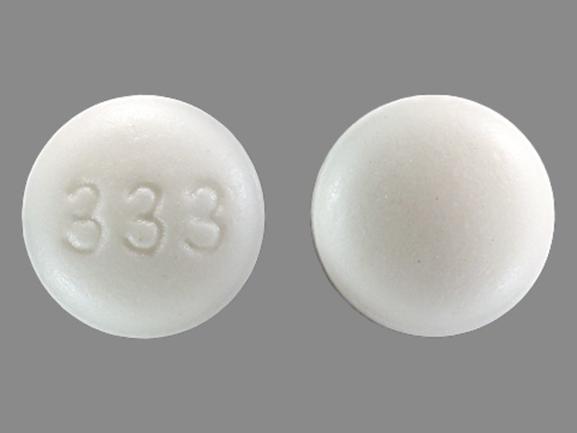Campral Disease Interactions
There are 2 disease interactions with Campral (acamprosate).
Acamprosate (applies to Campral) renal impairment
Major Potential Hazard, Moderate plausibility. Applicable conditions: Renal Dysfunction
The use of acamprosate is contraindicated in patients with severe renal impairment (creatinine clearance of =< 30 mL/min). A dose reduction is recommended in patients with moderate renal impairment.
References (1)
- (2004) "Product Information. Campral (acamprosate)." Forest Pharmaceuticals
Acamprosate (applies to Campral) depression
Moderate Potential Hazard, Moderate plausibility.
Alcohol-dependent patients, including those patients being treated with acamprosate, should be monitored for the development of symptoms of depression or suicidal thinking. It is recommended to monitor patients being treated with acamprosate for worsening or the emergence of symptoms of depression or suicidality. Care should be exercised when using this agent in patients with depression.
References (1)
- (2004) "Product Information. Campral (acamprosate)." Forest Pharmaceuticals
Switch to consumer interaction data
Campral alcohol/food interactions
There is 1 alcohol/food interaction with Campral (acamprosate).
More about Campral (acamprosate)
- Campral consumer information
- Compare alternatives
- Reviews (206)
- Drug images
- Side effects
- Dosage information
- During pregnancy
- Generic availability
- FDA approval history
- Drug class: drugs used in alcohol dependence
- Breastfeeding
Related treatment guides
Drug Interaction Classification
| Highly clinically significant. Avoid combinations; the risk of the interaction outweighs the benefit. | |
| Moderately clinically significant. Usually avoid combinations; use it only under special circumstances. | |
| Minimally clinically significant. Minimize risk; assess risk and consider an alternative drug, take steps to circumvent the interaction risk and/or institute a monitoring plan. | |
| No interaction information available. |
See also:
Further information
Always consult your healthcare provider to ensure the information displayed on this page applies to your personal circumstances.


